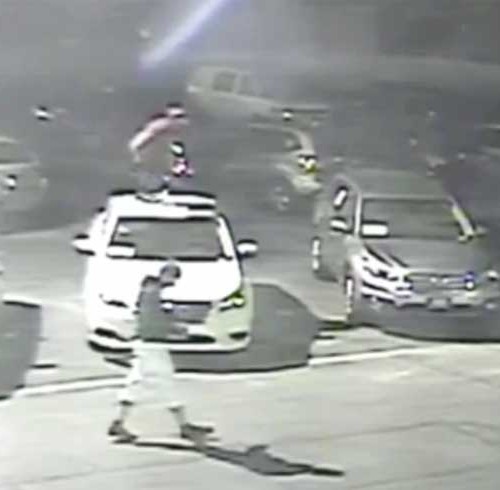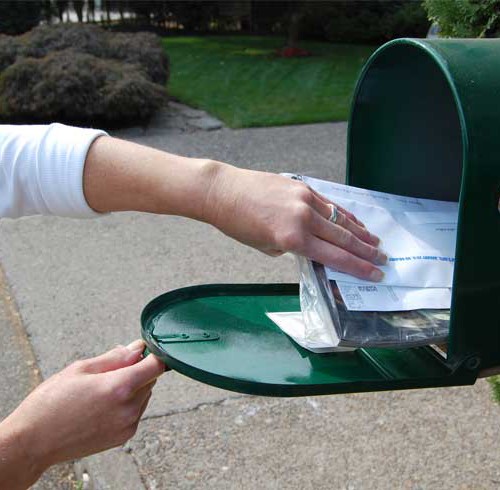Virginia Supreme Court Rules That Yelp Does Not Have To Disclose Identities of Reviewers
Many dealerships agree that Yelp is controversial for a multitude of reasons, and the company has been involved in many lawsuits and disputes in recent times, often over claims of including false reviews on its website. In this latest case, the Virginia Supreme Court has ruled that Yelp does not have to disclose the identities of online users that have been accused by a small business owner of posting fraudulent negative reviews about his carpet-cleaning company.
The decision was made by the court on jurisdictional grounds, as opposed to on the controversial constitutional question about the rights of reviewers to post critical comments online anonymously. The Virginia Supreme Court ruled that lower courts in the state did not have jurisdiction over Yelp because the company was located in California, and the data that Hadeed Carpet Cleaning was seeking was stored in that state.
However, the aspect of the case that is of greater interest to auto dealerships and other retail businesses remains, which is how to manage the rights of users to post anonymous reviews versus the rights of a company to defend its online reputation. Many businesses suffer greatly from bad reviews on Yelp, and many suspect that these reviews are coming from competitors as opposed to from actual disgruntled customers. Truly, bad reviews can hurt the bottom line of businesses, especially as an increasingly large number of consumers use Yelp, Angie’s List and other review sites to make decisions about where to make their purchases.
The Hadeed case began in 2012, when the company filed a defamation lawsuit against 7 Yelp reviewers. Hadeed claimed that the reviews seemed to be false because there was no evidence found that showed that they were actual customers. Hadeed subpoenaed the reviewers’ identities from Yelp, and an Alexandria Circuit Court judge ordered that the information was to be turned over. However, Yelp refused to comply with the ruling, and decided to appeal to protect the First Amendment right of its users to speak anonymously.
In filings with the Virginia Court of Appeals, Yelp argued that Hadeed needed to offer compelling evidence to prove that the reviews were false before the courts could interfere with the First Amendment right of the reviewers to speak anonymously. At that point, the court sided with Hadeed, saying that the company had met the lower standards laid out in Virginia law, ruling that free speech “must be balanced against Hadeed’s right to protect its reputation.” However, Yelp then appealed to the Virginia Supreme Court, who ruled in Yelp’s favor on the jurisdictional grounds that are explained above.
Raighne C. Delaney, an attorney for Hadeed, says that the company has not yet decided whether or not to pursue the case in California. “It’s a real blow for the large number of businesses that have issues with Yelp,” said Delaney.
Paul Alan Levy, a lawyer who is representing Yelp, welcomed this latest ruling. He says that the carpet-cleaning company will have to pursue the reviewers’ identities in California courts, which he says set a higher bar for revealing the identities of people making anonymous speech.
“If Hadeed turns to California courts to learn the identities of its critics, those courts will require it to show evidence to meet the well-accepted First Amendment test for identifying anonymous speakers,” wrote Levy in a statement. “And so far, Hadeed has not come close to providing such evidence.”
It’s certainly a complex issue. However, for dealerships who are struggling with negative reviews on Yelp that they consider to be illegitimate, this ruling is difficult to swallow. There are a growing number of businesses who feel that Yelp’s anonymous reviews can be illegitimate and unfairly damaging, and it’s very likely that new cases will be launched in the coming period by companies who want to protect their important online reputations.












Warning: count(): Parameter must be an array or an object that implements Countable in /home/pg4b1yzvrqqo/domains/test.drivingsalesnews.com/html/wp-includes/class-wp-comment-query.php on line 399